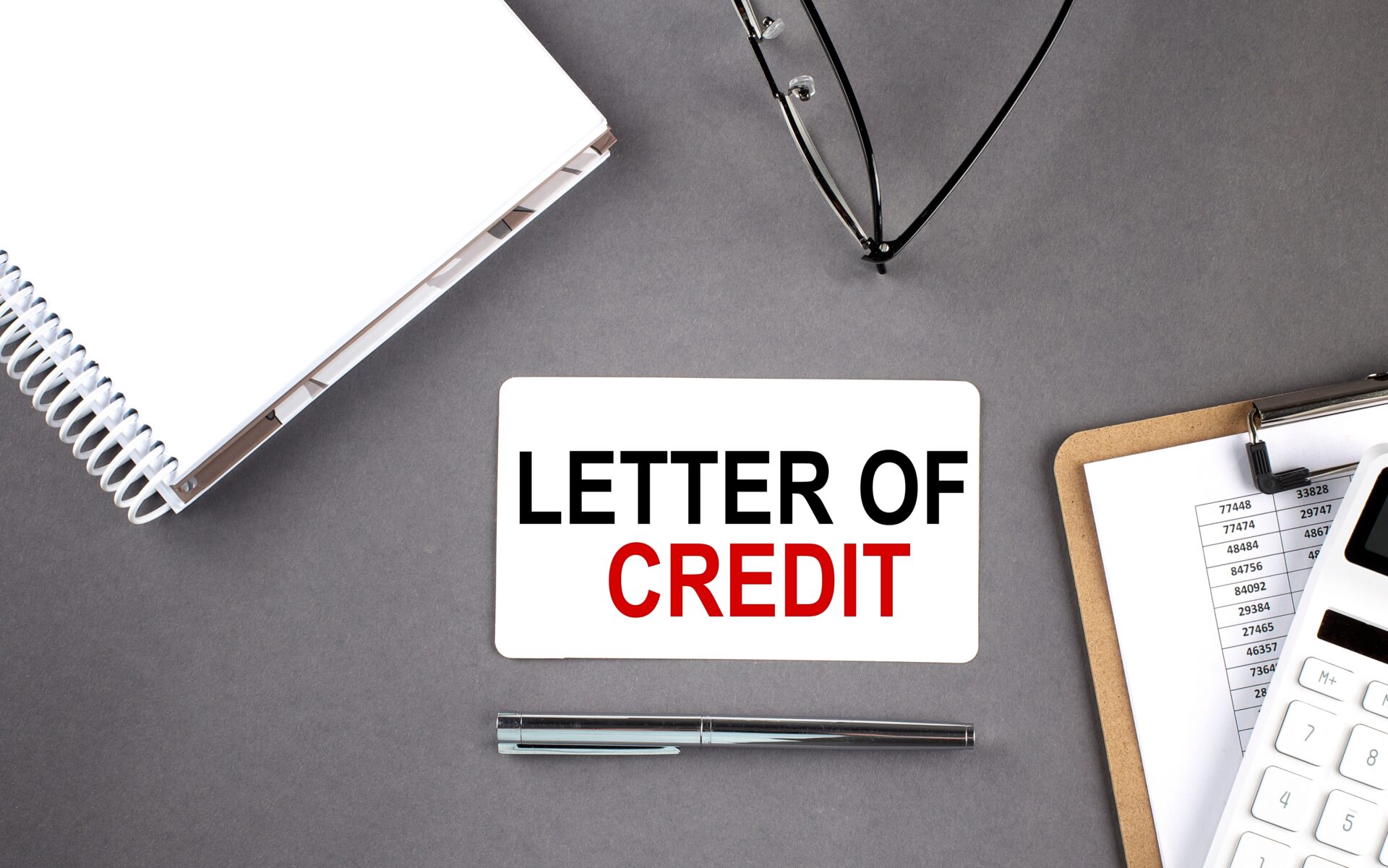What is a small business loan?
When a company needs working capital, typically they will reach out to traditional banks to try and secure a small business loan. What many companies learn as they go through the small business loan application process, is that it is not easy to receive approval. It takes a significant amount of time, effort and documentation collection to even apply for a small business loan.
Many companies who follow through with a small business loan application process, find themselves with a rejection after all that effort and time spent.
With revenue-based financing options like invoice factoring, much of the application process is handled by the factoring company. The factoring company will require a few important documents. to access an applicant’s company, but the process can be completed in a matter of days instead of weeks or months.
What is invoice factoring?
Invoice factoring is a type of revenue-based alternative financing that is oftentimes confused with a small business loan. The reality is that the application process and the financial products are very different.
With invoice factoring, you are selling your current outstanding invoices at a small discount to a factoring company in exchange for immediate working capital for the value of the factored invoices. Typically, a company will have agreements with their customers to pay an invoice in 30, 60 or 90 days. While having a payment schedule with your customers can be beneficial for forecasting expected revenues by quarter or month, actually collecting on those invoices can be much more difficult.
Here is an example of how invoice factoring works:
Company A has an invoice that is valued at $10,000. The factoring company agrees to purchase the invoice today for $9,700 ($300 fee). The advance which for this example is 85% of the invoice value at $8,245, is than debited to Company A’s account. The factoring company then contacts Company A’s customer, collects on the full invoice amount and sends the remaining balance of $1.455 to Company A once collected.

How are loans and factoring differentiated?
Traditionally, small business loans require more and different types of documentation to achieve approval. With small business loans, an applicant will likely be required to provide documentation on your company’s credit history. As well as your inferred ability to repay a loan. Some of the documentation that may be required to prove revenues and thus capability to repay are sales projections, past loans repaid and current cash flows.
With invoice factoring, they creditworthiness is focused on your customers and not your business. Since the factoring company will be collecting payments for invoices directly from customers, the customer’s capability to pay off the invoice amount is more scrutinized than the company seeking factoring. This is an important distinction. Most businesses applying for financing do not have good credit thus the need for outside capital.




